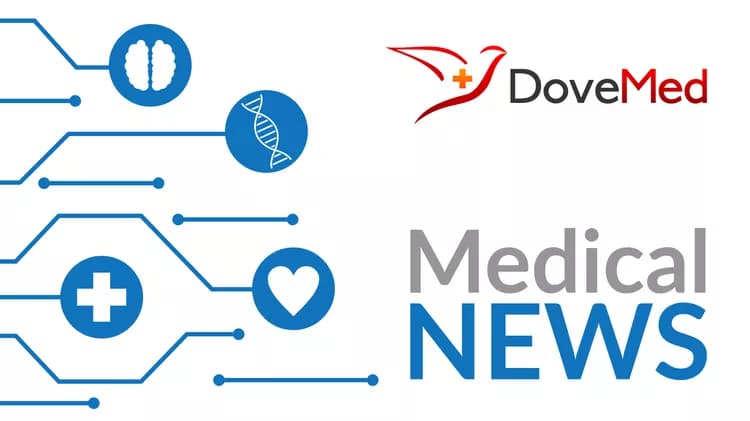
Good News For Immersive Journalism: Look At Your Audience
Immersive journalism uses virtual reality (VR) to put the viewer directly into a news event. But how can you help someone to personally engage and interact with a story, when they cannot alter the narrative?A new study provides an elegant solution: researchers found that small changes suggestive of a possibility for interaction -- in this case, having a virtual character acknowledge your presence when you look towards them -- can have a significant positive impact on peoples' sense of presence in a VR news scenario.
"We Wait"
Published in Frontiers in Robotics and AI, the study used a VR experience based on BBC News reports of refugees migrating to the EU. The animated scenario, called "We Wait," gives viewers an immersive experience via VR goggles of the plight of refugees waiting to be taken illegally by boat to Europe, across a dangerous stretch of sea.
"We were interested in the level of presence people felt watching the scenario, and the extent to which this might prompt them to seek further information about the refugee crisis," says study co-author Professor Mel Slater of the University of Barcelona.
"By presence we refer to the illusions of place -- the feeling of being in the virtual space -- and plausibility, that the unfolding events were really happening."
I was there, it was real
Slater and colleagues assessed the illusions of place and plausibility experienced by participants shown one of four different versions of the "We Wait" scenario. In one version, the participant is given a virtual body which they can see when they look down, and when they look at virtual characters these occasionally look back at them. The other three versions lack one or both of these features, i.e. the participant receives no body and/or no acknowledgement.
The most striking result was the effect of acknowledgement by the virtual characters.
"The simple exchange of glances with the characters greatly enhanced participants' sense of presence in the scenario, by making it more plausibly real" says Slater.
Embodiment in a virtual avatar also increased presence somewhat, by enhancing the illusion of place as well as plausibility. Most promising of all, the virtual body also led participants to seek further information about the refugee crisis -- by visiting a website provided during the study -- for longer after the VR experience.
"It is as if there was the implicit inference by participants: These were real people, I was amongst them -- so I had better ?nd out more about what is going on," posits Slater.
Director of Audiences for the BBC, Nick North, said: "We know how difficult it can be to drive audiences to online content; from all the BBC's research to date we might expect a small proportion of the audience to go online to a related website after watching a TV programme, for example. So, whilst this was a small study, a 25% conversion rate from the We Wait VR experience is very impressive, and potentially indicative of the significant impact VR could have at scale."
The body of evidence
These results demonstrate that minimal changes can be helpful in engendering follow-up and further interest in an immersive news story, without compromising faithful reporting.
"Have characters respond to actions of the participants, in a way that does not change the narrative," recommends study co-author Professor Anthony Steed of UCL, UK.
"Also, give the participant a body. Previous findings show that the illusion of embodiment is made much stronger by multisensory stimulation -- where a person observes their virtual body moving and being touched in synchrony with their own movements and sensations -- and it is likely that had we included this, the gain in presence and tendency to follow-up would have been greater," adds Steed.
An outline of the scenario is available on the BBC Taster and readers can experience the version with embodiment and character responsiveness by downloading "We Wait" from the Oculus Store.
Related Articles
Test Your Knowledge
Asked by users
Related Centers
Related Specialties
Related Physicians
Related Procedures
Related Resources
Join DoveHubs
and connect with fellow professionals

0 Comments
Please log in to post a comment.